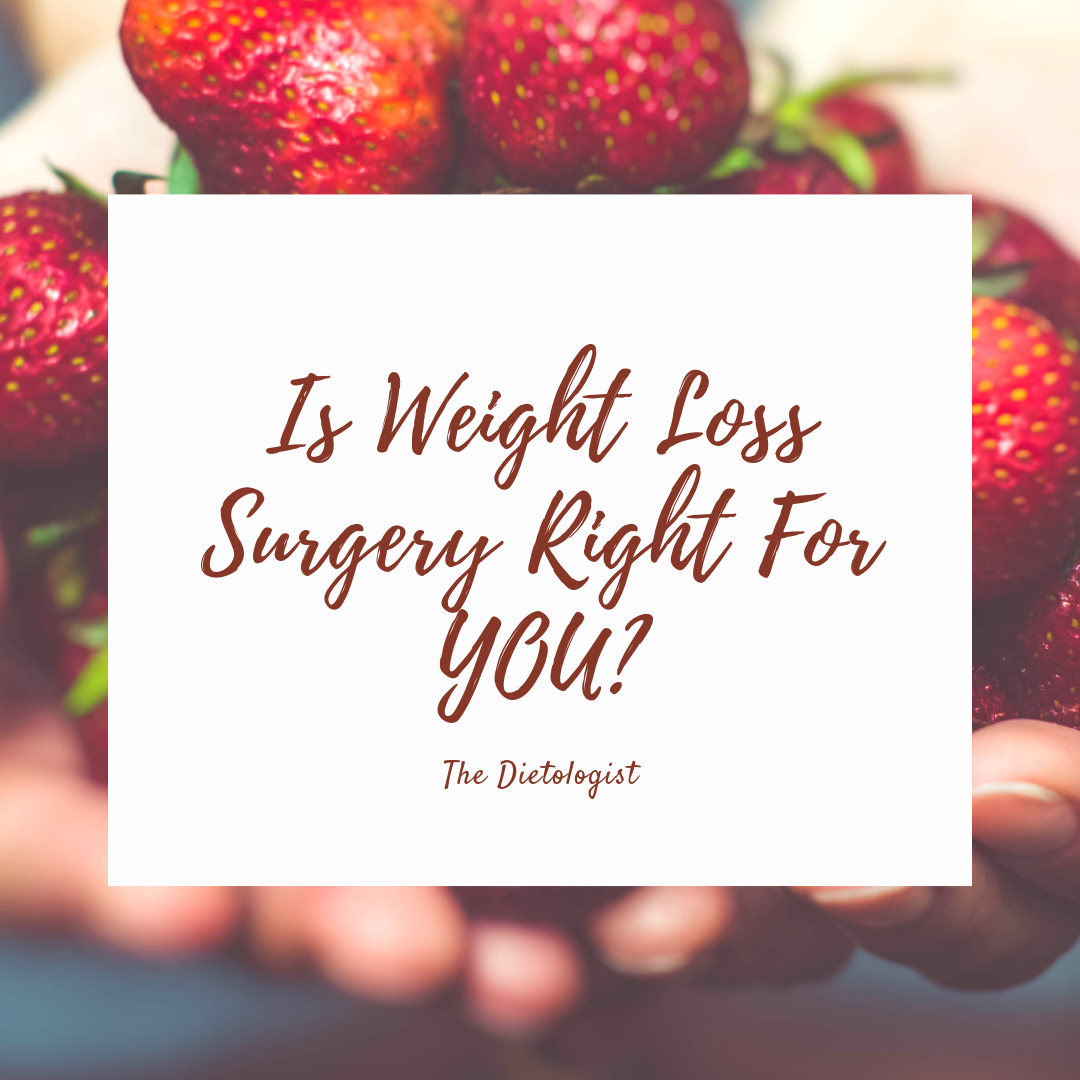HOW MANY CALORIES SHOULD I BE EATING AFTER BARIATRIC SURGERY?
Determining the appropriate calorie intake after bariatric surgery can be complex due to individual variations. It's crucial to recognize that every person's metabolism and weight loss journey after bariatric surgery is unique. Factors such as age, sex, activity level, muscle mass, and specific surgical procedure can influence your calorie needs. Therefore, it's essential to consult with your registered dietitian to determine the most appropriate way forward for you.

Before you read this article, I want you to know that
I’m an Expert Bariatric Dietitian, that doesn’t work with calories or weighing food. I help my clients break free of dieting by getting them to move away from their old habits that have sabotaged their weight loss attempts and this includes calorie counting.
“How many calories should I be eating?”
My instant reaction is to reply with:
I’ve put this article together providing an extremely general overview of calorie ranges for different post-surgery timeframes, while emphasizing the significance of personalized guidance from your dietitian. More importantly working on your relationship with food and understanding how to create balance in what you eat is what will keep the weight off for good. You can find out more about my support
HERE.
Calorie Ranges for Different Timeframes:
2. 3 Months:
3. 6 Months:
By this point, you may be consuming around 800-1,200 calories per day. Focusing on lean protein sources, vegetables, fats, fruits, and whole grains to meet your nutritional needs. Your
dietitian
may adjust the calorie range based on your progress, activity, lifestyle, and individual factors.
4.
12 Months:
Once you've reached your weight loss goals and transitioned into the maintenance phase, calorie needs will vary depending on your unique circumstances. I have worked with some clients, that have needed to eat over 2000kcals per day (so they have told me from my plan) for maintenance due to their lifestyle changes and work. Your
dietitian will help determine the appropriate calorie range to maintain a healthy weight and overall well-being, or you may choose to work on your macro’s, plate method to improve your relationship with food.
Determining the ideal calorie intake after bariatric surgery is a very personalized process that requires guidance from your dietitian. While the calorie ranges provided serve as very general guide, it's important to work closely with your dietitian to create an eating plan that suits your specific needs. Focusing on consuming nutrient-dense foods, prioritising protein, and making gradual adjustments based on your progress and overall health goals.
If you need help to support your weight loss, you can get in touch via my application process
HERE.



